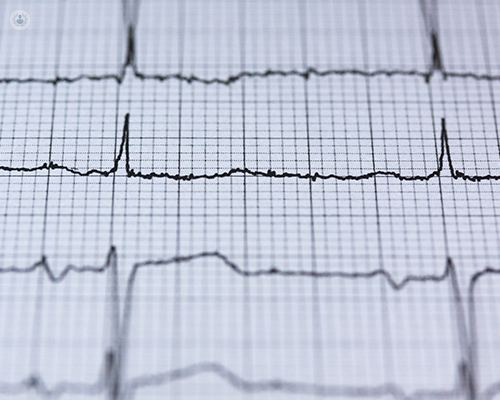Blackouts (syncope) explained causes diagnostic tests when to see a doctor
Autore:Blackouts (medically referred to as syncope) are extremely common. About half the UK population have a blackout at least once in their lifetime.

In the vast majority of cases, blackouts are not due to a harmful cause and are a one-off event. In some cases, blackouts require further tests because they can be a sign of something more serious.
The meaning of syncope (blackouts)
We use the medical term “syncope” to describe blackouts. It describes short episodes where a person loses consciousness for no more than a few minutes. They then make a full recovery.
Possible causes that are unrelated to the heart
The most common cause is a fainting episode. These are also described as “vasovagal” episodes. This is when your blood pressure or pulse falls for a short period as a sort of reflex. It often happens to people:
- On a hot day if they have been standing for a long period of time, or if they are dehydrated.
- When triggered by pain or fear. We commonly see this when people are having blood tests taken.
Heart problems that can cause blackouts
In around 15% of cases, the blackouts can be due to a heart problem. This might be due to:
- The heart rate becoming very slow (bradycardia or heart block)
- The heart rate becoming very fast and abnormal (arrhythmia)
- Issues with the structure of the heart, such as a narrowed valve (e.g. aortic stenosis).
When blackouts need emergency medical attention
If the blackouts are caused by an underlying heart problem, like the ones mentioned above, it usually requires urgent attention. This is why it’s important to seek medical advice after an episode. A medical specialist will assess the likelihood of this being due to a serious medical condition and determine if urgent investigation or treatment is required.
Diagnostic tests for blackouts
Electrocardiogram
The most common test is an ECG (electrocardiogram). This is a tracing that looks at your heart rhythm and can give clues of any serious problems straight away. This only looks at your heart rhythm for 10 seconds, which might not be long enough to detect an irregular rhythm. Therefore, many people will require their heart rhythm measured over a longer period (e.g. 24 hours) with a 24-hour heart monitor.

Echocardiogram
An echocardiogram is often required. This is an ultrasound scan of the heart which looks at its structure and function. It determines if there are any problems with the heart valves.
More advanced tests
Sometimes, more advanced tests are required, such as loop recorder implants. A loop recorder is a small device that is inserted underneath the skin in the chest area. It can monitor the heart rate for weeks to a few years. This extended monitoring means it has the ability to detect heart rhythm irregularities that an electrocardiogram or an echocardiogram might miss.
Another advanced test is the tilt test, in which you lie on a table that gradually moves your body from horizontal to vertical. The goal is to simulate the feeling of standing up and determine if unusual brain signals are causing blackouts.
The treatment of blackouts
If simple faints (vasovagal episodes) are the source of blackouts, we can use simple measures to prevent them from recurring. This can include:
- Sitting down or lying down if you feel an episode coming on, so that you do not collapse.
- Increasing your fluid intake. Ensuring you are well hydrated is important, particularly on hot days or if you expect to be standing for prolonged periods.
- Sometimes, clenching your muscles if you feel an episode coming on can bring your blood pressure up for long enough to prevent an episode.
If the blackouts are due to an underlying heart condition, then we will need to treat the condition. If they are caused by a slow heart rhythm or bradycardia, a pacemaker implant may be is required. This is very rare in people under the age of 50, but the likelihood becomes more common as you get older.
Dr Afzal Sohaib is an expert in the diagnosis and management of heart issues. Learn how he can help you – visit his profile .


